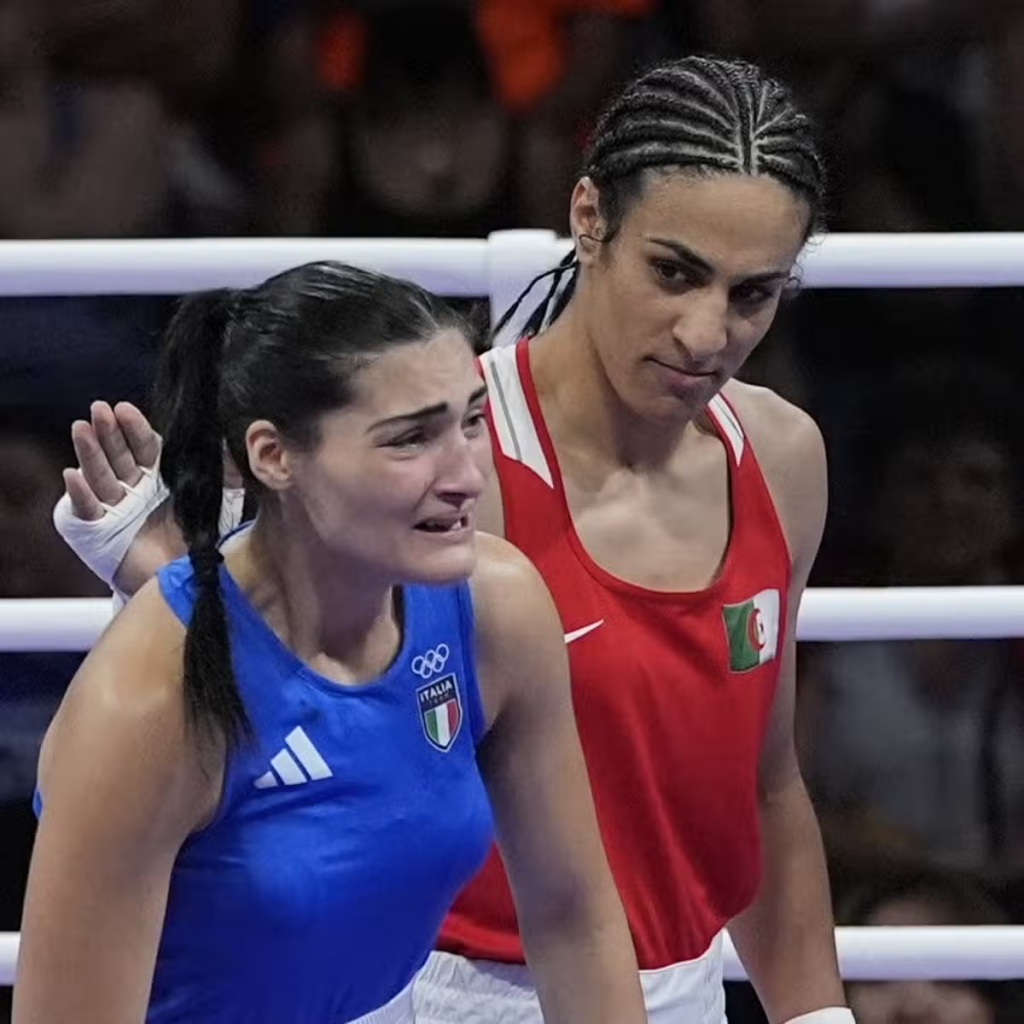Imane Khelif Medical Report Findings
The controversy around Imane Khelif’s eligibility was fueled by an October 2024 report from French journalist Djaffar Ait Aoudia, who obtained Khelif’s medical records. The report revealed that Khelif has a genetic disorder known as 5-alpha reductase deficiency, a condition typically found in males. The medical tests, conducted by the Kremlin-Bicêtre Hospital in Paris and Mohamed Lamine Debaghine Hospital in Algiers, reportedly showed that Image Khelif XY chromosomes, internal testicles, and a micropenis resembling an enlarged clitoris, but no uterus. Array Comparative Genomic Hybridization (aCGH) analysis confirmed the “46XY” karyotype and noted Khelif’s testosterone levels were within a range typical of biological males.

5-alpha reductase deficiency is a rare condition that affects sexual development and can result in ambiguous genitalia at birth, leading some individuals to be assigned female. However, at puberty, those affected may develop male physical characteristics, such as increased muscle mass and body hair. This biological complexity has led to a reevaluation of Khelif’s eligibility in women’s boxing, despite her being identified as female at birth.

Gender Dispute on the World Stage: Trump, Rowling, and International Boxing Federation
This revelation comes in the wake of Khelif’s disqualification from the 2023 Women’s World Boxing Championships by the International Boxing Association (IBA) due to non-compliance with eligibility criteria for female competitors. However, the International Olympic Committee (IOC) upheld her eligibility for the Paris Olympics, allowing her to compete and ultimately win gold in the 66 kg women’s category.
The discussion around Khelif’s gender escalated internationally after former U.S. President Donald Trump referenced her in a campaign video advocating against men’s participation in women’s sports. Trump’s remarks gained widespread attention and were bolstered by figures like author J.K. Rowling, who has consistently voiced her stance on gender identity issues. In response, Khelif stated, “I was born as a woman, I live as a woman, and I am qualified,” underscoring her commitment to competing in the female category.
Social Media Outrage and Public Reactions
The leaked medical findings quickly spread across social media, sparking intense reactions from public figures and athletes alike. Former Indian cricketer Harbhajan Singh called on the IOC to rescind Khelif’s Olympic gold medal, while Piers Morgan and other media personalities similarly criticized her participation. Many sports fans echoed these sentiments, arguing that Khelif’s physical attributes gave her an advantage in women’s boxing. Some even suggested reassigning her medal to her Italian opponent, Angela Carini, who walked out of their Olympic match after only 46 seconds in protest of the match’s outcome.

The broader reaction on social media was polarized. Some users expressed outrage, suggesting that Khelif’s participation in women’s boxing was “unfair” to her competitors. Others argued that Khelif’s genetic condition warranted understanding and inclusivity, noting that her identification as female aligns with both her birth assignment and her passport.
Gender Identity in Sports
Imane Khelif Olympic case brings forward complex questions regarding the intersection of biological sex, gender identity, and fair competition. The International Olympic Committee and other sports bodies are faced with the challenge of balancing inclusivity with fairness, as athletes with differences in sexual development (DSD) and transgender athletes are becoming more visible in competitive sports.

The IOC’s position on Khelif aligns with her self-identification and the gender marker on her passport, but the situation remains controversial. If the case continues to draw international attention, governing bodies may be pushed to revisit and clarify policies for DSD and transgender athletes in future competitions.
For now, Image Khelif XY chromosomes and male physique stands by her victory and her identity as a woman, highlighting her achievements as an Olympic gold medalist despite the backlash. Her story underscores the need for clear guidelines that protect the integrity of women’s sports while respecting individual identities and medical complexities.


